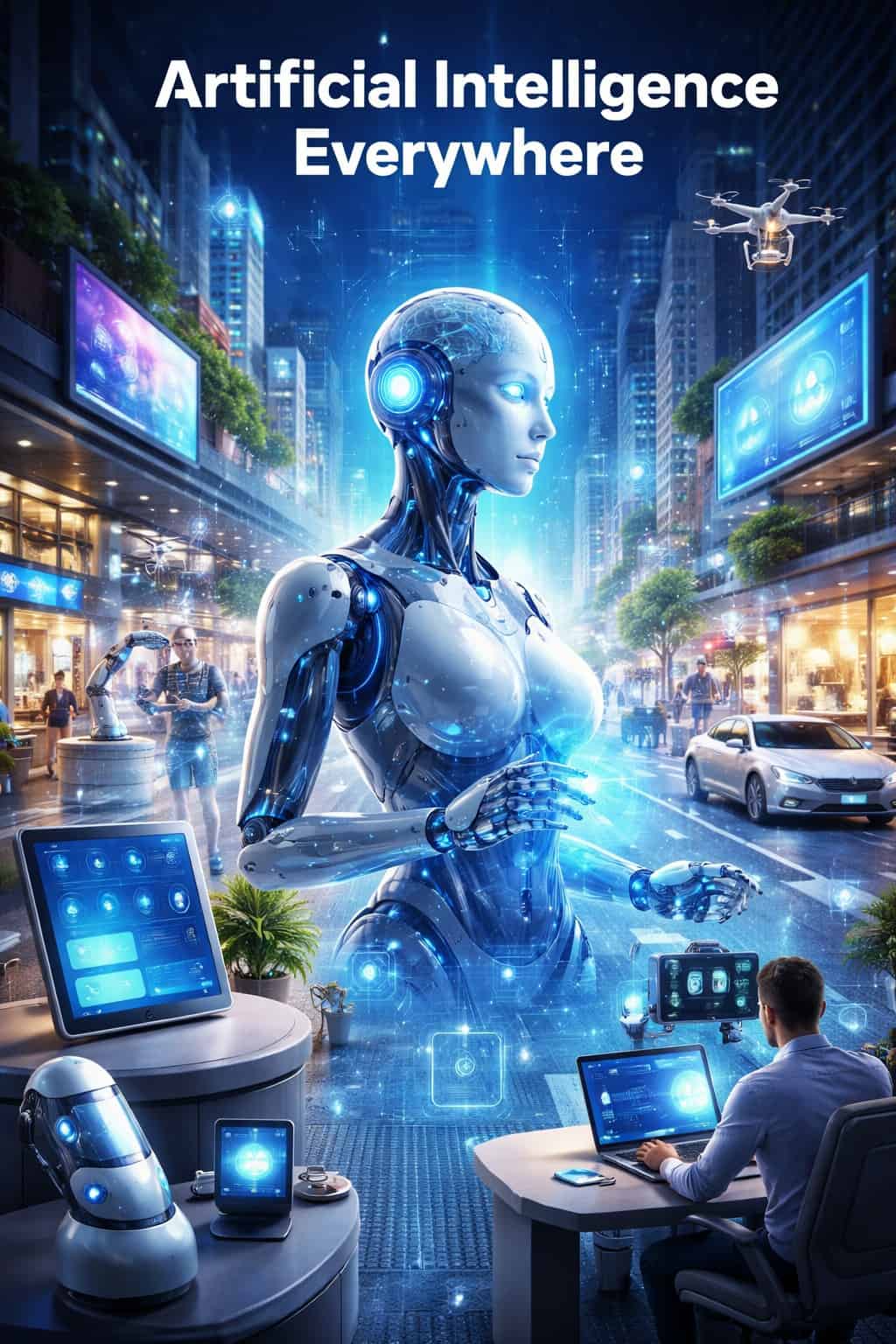Marketing automation tools have become paramount for businesses looking to manage digital marketing campaigns effectively, nurture leads, and gain useful insights from data. While marketing automation already delivers significant value, integrating artificial intelligence has the potential to take these platforms to an entirely new level.
Why AI-Powered Marketing Automation Matters
Here are some of the key reasons AI integration stands to transform marketing automation:
- Hyper-Personalization at Scale – With machine learning algorithms continuously improving their understanding of customer interests/behaviors and predictive capabilities, marketing automation platforms deliver personalized messaging and experiences to each individual at a level not humanly possible. This level of personalization at scale helps businesses build stronger connections with their audience and drive better results.
- More Relevant Content Recommendations – AI tools can analyze content performance to determine what topics and formats resonate best with different customer segments and recommend content to send that is highly tailored to an individual’s preferences.
- Improved Lead Scoring – By assessing numerous data signals and detecting more complex patterns, AI can determine when a prospect is sales-ready and recommend they get sent to sales reps. This filtering helps reps focus only on hot, mature leads.
- Optimized and Predictive Campaigns – AI can test different campaign variations to determine optimal messaging, offers, channels, and settings to boost results. It can also forecast expected campaign performance to help guide better resource allocation.
When combined, AI for marketing creates a flywheel effect – campaigns become better targeted, content becomes better tailored, lead management becomes more insightful, and so on. Over time, as the AI models ingest more data, the recommendations and performance continue to improve.
Key Applications of AI in Marketing Automation

Chat bot, robot virtual assistance. Artificial intelligence conc
Some of the major applications of AI-powered automation span across the entire marketing and sales funnel:
Lead Generation
- Dynamic web content optimization for visitors
- Chatbots that qualify leads 24/7 based on conversational clues
- Predictive lead scoring models, including demographic, firmographic, and behavioral data
- Intelligent email subject line generation
Lead Segmentation and Targeting
- Automated segmentation based on multiple attributes simultaneously
- Lookalike modeling to expand targetable audiences
- Analysis of lifetime value predictions to segment best customers
- Integration with external data sources such as social graphs or credit scores
Lead Nurturing and Engagement
- Sequence recommendations based on customer stage and history
- Personalized content curation from all sources
- Optimized messaging tailored to customer interests
- Recommended offers for cross-sell and upsell
Conversion Rate Optimization
- Multivariate testing of page elements and flows
- Analysis of micro-behaviors leading to conversions
- Experimentation with messaging tailored to personas
- Recommendations to maximize customer lifetime value
This list highlights that AI can assist or augment efforts across the entire marketing and sales funnel – finding more of the right leads, customizing engagement with them, and optimizing conversions.
Key AI Marketing Tools to Know
With AI-powered retail tech delivering such a performance boost, more marketing teams are exploring how to leverage it best.
All-in-One Marketing Automation Platforms
Tools like Adobe Target, Oracle Eloqua, HubSpot, and Mailchimp now include AI optimization features in their suites for improved personalization, forecasting, campaign intelligence, and more. These streamline AI adoption for organizations already using those tools.
AI-Specialized Optimization Tools
Dedicated AI marketing products like Persado AI Writer, Phrasee AI Copywriting, Args AI Engine, and Takeoff promise significant campaign performance gains thanks to machine learning trained on campaign data. These tools focus specifically on messaging optimization powered by their AI algorithms.
Real-Time Personalization Engines
Tools focused solely on individual visitor personalization like Segment, Evergage, and MoEngage analyze consumer data and behaviors in real-time to dynamically recommend content, offers, and experiences tailored to each individual – maximizing relevance.
Business Intelligence and Predictive Analytics
Robust business intelligence tools like Tableau, Looker, Chartio, and Dataplor integrate and visualize volumes of customer data to uncover actionable insights. With predictive modeling, they can forecast expected buyer behaviors and recommend mitigation steps.
As more specialized AI software and models emerge trained on marketing data, we will see massive performance gains. AI business cases will expand from martech giants to solutions tailored for companies of any size or industry.
How to Implement AI-Driven Marketing Automation
Hopefully, this gives a useful overview of why AI marks such an enormous opportunity for revolutionizing marketing automation, along with practical examples and tools. Here are some final recommendations for marketing ops leaders exploring how to pilot AI capabilities in their organization:
- Start small, focus on pain points – Run controlled tests applying AI to fix conversion bottlenecks before expanding features.
- Evaluate overall tech stack readiness – Ensure your data pipelines and performance analytics provide the raw material for AI algorithms.
- Compute required compute resources – AI demands significant computing horsepower – factor required cloud services or infrastructure upgrades into costs.
- Define your success metrics – Establish clear KPIs for anything driven by black box models to validate performance gains.
- Don’t overautomate – While AI delivers efficiency, be wary of fatiguing customers with 100% automated campaigns. Preserve the human touch where desired.
With the right foundations in place, infusing AI throughout the marketing automation technology stack is well worthwhile – generating more qualified traffic, increasing sales productivity, and forging lasting customer loyalty. The competitive edge for both B2B and B2C brands will go to those who build competencies in data-driven intelligent automation.







